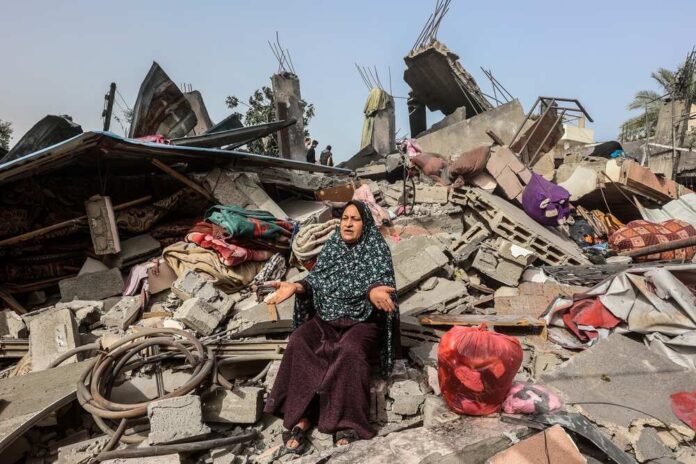
Iran has vowed a severe reaction to an Israeli airstrike on its embassy and consulate in Damascus, Syria, labeling the action a severe breach of international norms. Iran’s Foreign Minister condemned the attack, which coincided with a high-level meeting at the embassy, as a direct violation of international obligations. Although Iran’s Ambassador to Syria, Hossein Akbari, was unharmed, the strike resulted in the death of Brigadier General Mohammad Reza Zahedi, a prominent figure in the Quds Force of the Islamic Revolutionary Guard Corps (IRGC), and possibly two other high-ranking IRGC commanders.
#Israel's strike in #Damascus today is a huge development & a major escalation.
3 #IRGC-QF Generals:
– Brig. Gen. Mohammed Zahedi (Commander, #Syria & #Lebanon)
– Gen. Hossein Aminullah (Chief of General Staff, #Syria & #Lebanon)
– Maj. Gen. Haj Rahimi (Commander, Palestine) pic.twitter.com/IiEWDYcPQk— Charles Lister (@Charles_Lister) April 1, 2024
This incident has escalated tensions, possibly paving the way for a significant conflict in the Middle East. The attack, unusually conducted during daylight and targeting an embassy annex, marks a significant escalation, with potential for wide-reaching consequences, including retaliatory actions by Iran against Israeli interests globally.
Did Israel miss the Iranian embassy or is this a warning?
— Lord Bebo (@MyLordBebo) April 1, 2024
The strike’s timing and precision, aimed at eliminating key IRGC figures, underscore the high stakes in the ongoing confrontation between Israel and Iran. The incident has further compounded regional tensions, with repercussions for global oil prices and security dynamics. This comes amid other regional hostilities, including missile and drone attacks attributed to Lebanese and Yemeni forces against Israel, and a targeted drone strike on Israel’s Eilat navy base, allegedly by an Iraqi militia backed by Iran.
The death toll from the Damascus strike stands at eight, with substantial damage reported to the Iranian diplomatic mission. This bold move by Israel, striking a diplomatic site, signifies a crossing of traditional red lines and raises questions about the potential for broader conflict escalation. The situation remains volatile, with the international community closely monitoring responses from all involved parties.














